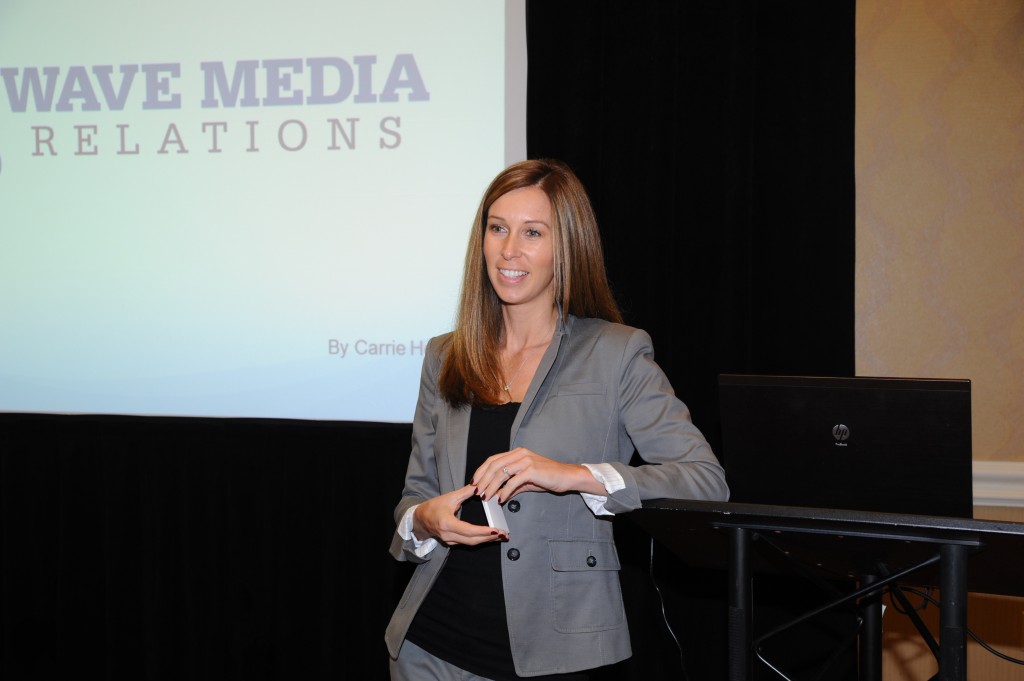FPRA 2013 Annual Conference: Breakout 1B, Answering the Tough Questions, Carrie Hoeppner
By Kevin Coulson
Carrie Hoeppner, Central Florida Director of Communications, Florida Department of Children and Families
“I can’t make bad news go away, but promise not to make it worse.”
You do not learn media training in the classroom. You learn it in the field, from your peers and from experience.
Media and public relations professionals do their best work when they are able to preclude the crisis. SQUASH it if you can, if you should. The reality is – bad news is still newsworthy. Sometimes you have to answer tough question. Don’t be afraid of that.
In times of difficulty:
- Focus on the human aspect.
- Where there people involved? How are they?
- Be the voice of common sense.
- If your message doesn’t make sense to you, how will it make sense to the reporter or public? Make sure it makes sense to you BEFORE you agree to do the interview.
- Be sincere.
- You can’t appear fake
- Get it right!!!
- Having to go back and correct information destroys credibility. Be the first out of the gate. (See below) If possible make it right the first time, but if already out there and not accurate, get it corrected ASAP.
- Be urgent, but do not rush.
- When we rush we do sloppy work.
Remember, reporters are human.
Two scenarios:
Breaking news:
|
Exclusive, one station:
|
Know your rights – you have the right to:
- See information and video prior to an interview
- not to be ambushed or caught on camera seeing info for the first time
- Fully understand the issue from reporter’s perspective
- What’s the story they are after?
- Prepare
- Ask for time if needed
- Not have a story come to you that’s already written
Emotions
- Understand the role of the reporter. Questions can be asked in many different ways (positively and negatively). Listen to the question and try not to focus on HOW it is asked. Respond, but don’t react.
- Show compassion.
- Care.
- Stay in your agency’s role – do not be the judge and jury.
- Take a moment… We all live by deadlines. Sometimes, you have to take a moment, step back, think about what you need to meet the deadline, and tell yourself/team “you can do it!”
- Separate work and life.
Parting words
- Have compassion.
- No organization is exempt from bad news.
- In situations with human harm, try not to be on camera with grieving family but instead reach out to family off-camera.
- Remember your responsibility.
- Remember your rights.
- Don’t hide.
- Know when to fall, when to stand up – but make that decision based on information.

